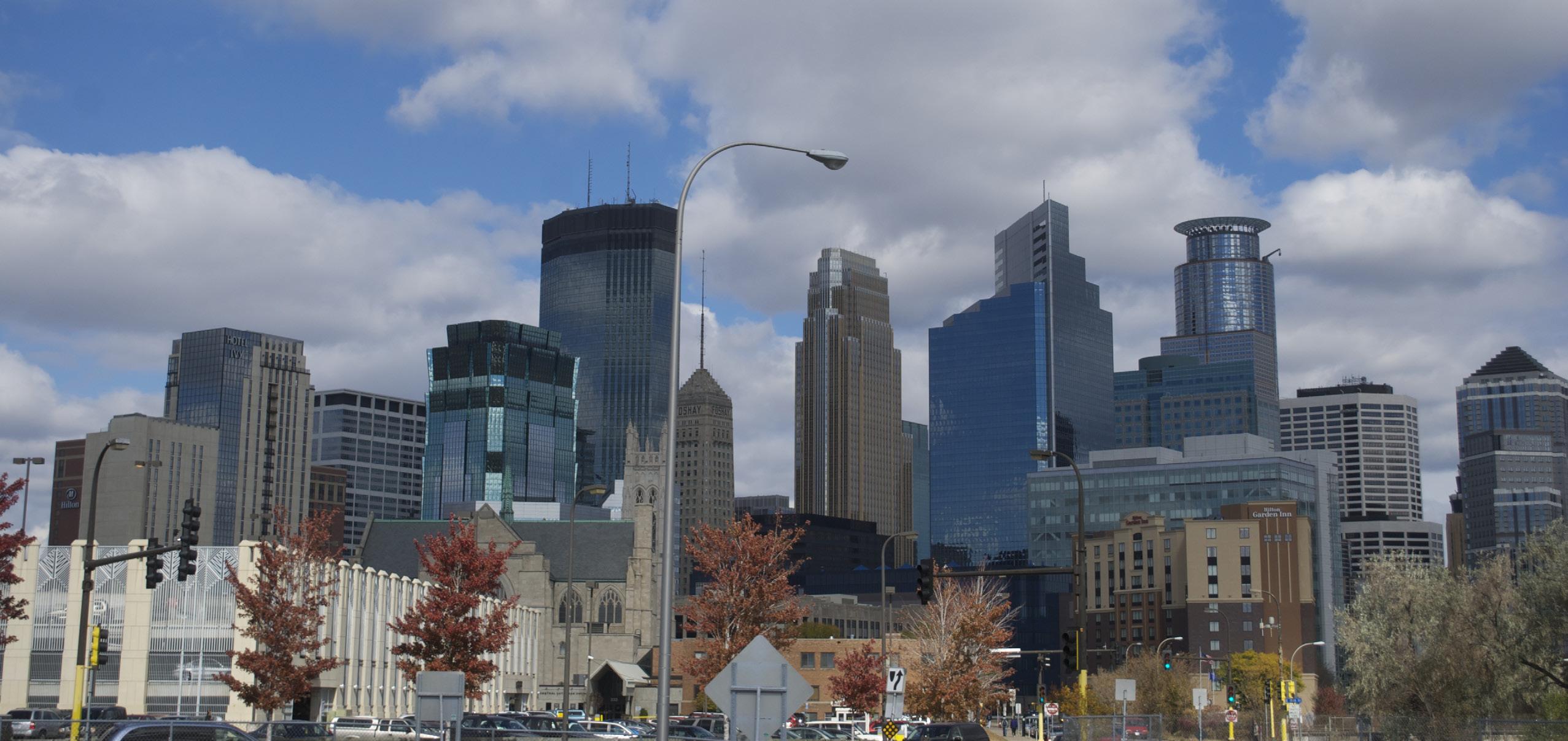
4 minute read
Working from home could crater the
WORKING FROM HOME COULD CRATER THE EXPENSIVE BAY AREA HOUSING MARKET
Don Dunbar

Twitter was the first to do it. Square then followed suit. Now Facebook is saying that it is considering it. Companies are today allowing people to work from home, and it seems to be the trendy thing to do. However, that will have a massive impact on the Bay Area housing market as most workers cannot continue to live in a pricey area when they have the liberty to work remotely while paying less. It does not make any sense to continue paying high rents when you can afford a cheaper housing option elsewhere. Surveys are showing that a growing number of people working in tech companies are now considering working from home as a great option. The current healthcare crisis has created an opportunity, forcing remote working on scores of companies, and some are embracing the change quite positively. Over the next few months, the Bay Area should expect an exodus of workers from the region to other places deemed cheaper.
Ashift in policy could, however, save the region where there would be downward pressure on the rents in this infamously expensive region. And note, it is not only the Bay Area that will be affected, but other places like Los Angeles and New York also fall under the same bracket too. Facebook Inc and Google have announced that the majority of their workforce will not be required to come into their offices for the rest of the year. Additionally, Twitter has allowed its workers to work from home permanently. While most workers will probably leave these expensive regions for the affordable area, Zillow says that this exodus will not be enough to put downward pressure on the housing prices in the region.
“So as long as you always have more people that want to be in these places than you are building homes to match that growth, you will continue to see home value appreciation over the long run,” Skylar Olsen, a senior economist at Zillow says.
The people who stand to benefit if the companies allow people to work remotely are the people living in other states but have always wanted to be in the tech industry. “If you are not living, or able to live in Silicon Valley or San Francisco, but you still want to work for one of those companies based there, the opportunity for that now becomes much greater,” said Arran Stewart, founder of Job. com.

While it is true that the pandemic has furthered the rift between the tech workers and every other person, it has also created the opportunity for the tech companies to adopt the idea of remote working fully. The possibility of this shift in the tech companies has created dialogues about these companies could dramatically reshape the Silicon Valley. To date, restaurants that used to cater to the people living in downturn have been forced to close their businesses. Additionally, public transit companies are struggling to stay afloat without the riders, and the housing market is experiencing a histrionic fall in the home prices.
However, right now, it is too early to tell whether a remote working trend will go beyond a few companies, reshaping the fabric of Silicon Valley. Moreover, while some companies like Twitter, Facebook, and Square are motivated to go all-in on remote working, companies like Google and Salesforce are extending the option of remote working for the rest of the year with plans to reopen in 2021.
Workers are moving from these expensive Silicon Valley areas, and experts caution that this could be an anomaly. “Will someone who works at Twitter and lives in downtown San Francisco get up and move to Idaho? I do not think so,” says Sarah Karlinsky, a senior adviser at the San Francisco Bay Area Planning and Urban Research Association (SPUR). “I think it’ll be a five to 10-year process of shaking out what this all means.”
Even if the workers leave, that will not necessarily mean a better housing option for the people staying in San Francisco. The people who are living in the below-market-rate housing are at more risk of losing their jobs during the pandemic, which ultimately puts a strain on the affordable housing developers if the tenants were to default on their rent.
It is worth mentioning that Facebook CEO Mark Zuckerberg told his employees that their salaries would likely drop if they move away from the Bay Area. However, that may sound like a threat, but experts say that may not be the case (lowering employee’s salaries) because as long as there are companies out there, competition for talent and companies will be forced to pay top dollar, no matter where a person lives.
If you would like to get more insights about the Bay Area housing market, reach out to Don Dunbar through this link https://thepowerisnow.com/ don-dunbar/.
Sources;
https://www.theverge. com/2020/6/3/21277254/techsilicon-valley-remote-workexodus-facebook-googlecoronavirus-future https://www.nbcbayarea.com/ news/coronavirus/will-a-workfrom-home-exodus-drop-bayarea-housing-prices/2295371/ https://therealdeal. com/2020/05/16/the-exodusa-rise-in-remote-workingcould-crater-expensivehousing-markets/











